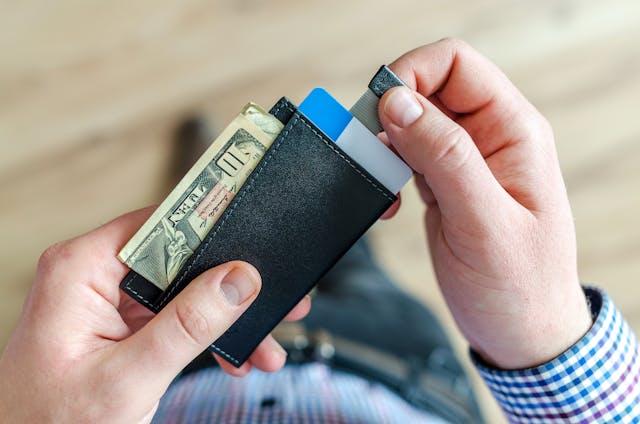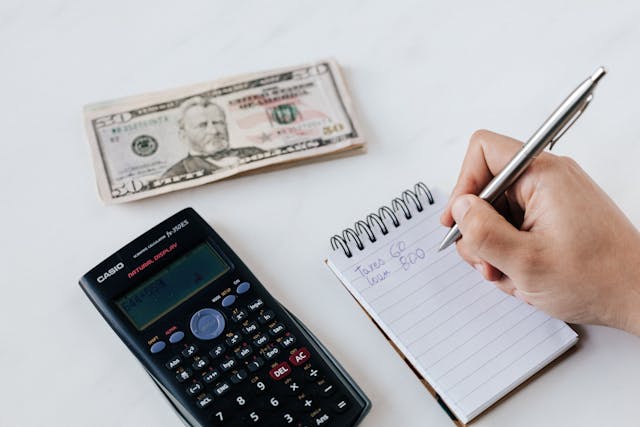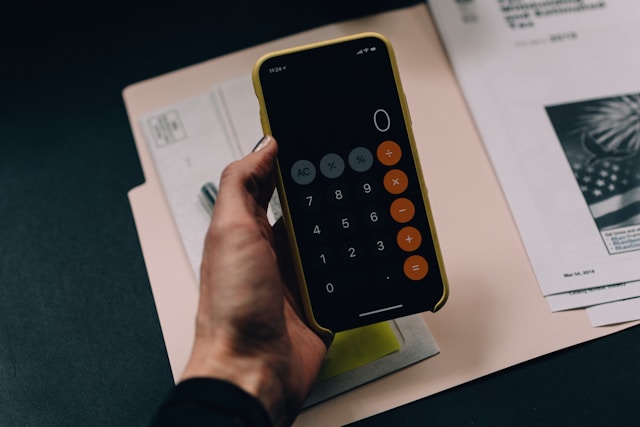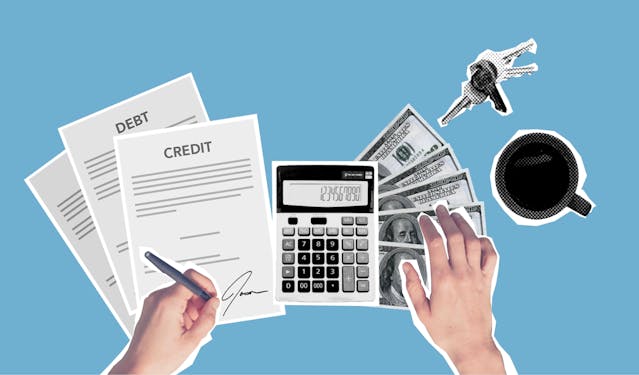As a student, you may not have a lot of extra money to spare. Between tuition, textbooks, and living expenses, it can be challenging to make ends meet. However, one thing that should not be overlooked is the importance of having an emergency fund.
An emergency fund is a sum of money set aside for unexpected expenses or financial emergencies. It acts as a safety net, providing you with peace of mind and financial stability in times of crisis. In this article, we will discuss the importance of emergency funds for students, why you need one, and how to start saving for it.
Equip thy minds with the wisdom of coin and commerce With our recommended Financial Literacy for Young Adults. Venture forth to the Amazon marketplace, where the scrolls of financial literacy await thee! Join the quest for prosperity and enlightenment, and may thy coffers overflow with the treasures of knowledge.
Why Do You Need an Emergency Fund?
Life is unpredictable, and unexpected expenses can happen at any time. Your car may break down, you may have a medical emergency, or you may lose your job. These situations can be stressful and overwhelming, especially if you do not have the funds to cover them. Having an emergency fund can help you avoid financial stress and handle these situations with ease.
Avoid Going into Debt
Without an emergency fund, you may be forced to rely on credit cards or loans to cover unexpected expenses. This can lead to high-interest rates and debt that can be difficult to pay off. By having an emergency fund, you can avoid going into debt and save yourself from financial strain in the long run.
Peace of Mind
Having an emergency fund can provide you with peace of mind. Knowing that you have a safety net in case of an emergency can alleviate financial stress and allow you to focus on your studies and other important aspects of your life.
How to Start Saving for an Emergency Fund
Set a Realistic Goal
The first step in starting an emergency fund is to set a realistic goal. Consider your monthly expenses and determine how much you can realistically save each month. It is recommended to have at least three to six months’ worth of expenses saved in your emergency fund.
Check out our Top rated Budget planner pick from amazon or check out our Top Tablet Budget planner pick from amazon.
Cut Back on Expenses
To save for an emergency fund, you may need to cut back on expenses. Look for areas where you can reduce your spending, such as eating out less, buying generic brands, or canceling unnecessary subscriptions. Every little bit counts, and cutting back on expenses can help you reach your savings goal faster.

Make it a Priority
Saving for an emergency fund should be a priority. Consider setting up automatic transfers from your checking account to your emergency fund each month. This way, you won’t have to think about it, and the money will be saved without you even realizing it.
Consider a Side Hustle
If you have the time and energy, consider taking on a side hustle to earn extra money for your emergency fund. This could be anything from freelancing, tutoring, or selling items you no longer need. Not only will this help you save for your emergency fund, but it can also provide you with valuable skills and experience.
Use Windfalls Wisely
If you receive a tax refund, bonus, or any other unexpected lump sum of money, consider putting it towards your emergency fund. While it may be tempting to use it for something else, remember the importance of having an emergency fund and use the windfall wisely.
Tips for Building and Maintaining an Emergency Fund
Keep it Separate
It is essential to keep your emergency fund separate from your regular checking or savings account. This will prevent you from accidentally spending the money and ensure that it is there when you need it.
Replenish After Use
If you do have to dip into your emergency fund, make sure to replenish it as soon as possible. This will ensure that you are always prepared for future emergencies.
Re-evaluate Your Savings Goal
As your expenses and income change, it is important to re-evaluate your savings goal for your emergency fund. If you have a significant increase in expenses, you may need to save more to maintain the recommended three to six months’ worth of expenses.

Don’t Use it for Non-Emergencies
It can be tempting to dip into your emergency fund for non-emergencies, such as a vacation or a new gadget. However, it is crucial to remember that this money is for unexpected expenses only. Stick to your budget and save for these non-emergencies separately.
Real-Life Examples of the Importance of Emergency Funds
Medical Emergencies
Medical emergencies can happen at any time and can be costly. Without an emergency fund, you may be forced to take on debt to cover medical expenses. Having an emergency fund can provide you with the financial stability to handle these situations without going into debt.
Job Loss
Losing your job can be a stressful and uncertain time. With an emergency fund, you can cover your expenses while you search for a new job without worrying about how you will pay your bills.
Car Repairs
If your car breaks down, it can be a significant expense that you may not have budgeted for. Having an emergency fund can help you cover the cost of repairs without disrupting your budget.
Conclusion
In conclusion, having an emergency fund is crucial for students. It can provide you with financial stability, peace of mind, and help you avoid going into debt. By setting a realistic goal, cutting back on expenses, and making it a priority, you can start saving for an emergency fund. Remember to keep your emergency fund separate, replenish it after use, and only use it for true emergencies. With an emergency fund in place, you can handle unexpected expenses with ease and focus on your studies without financial stress.




























